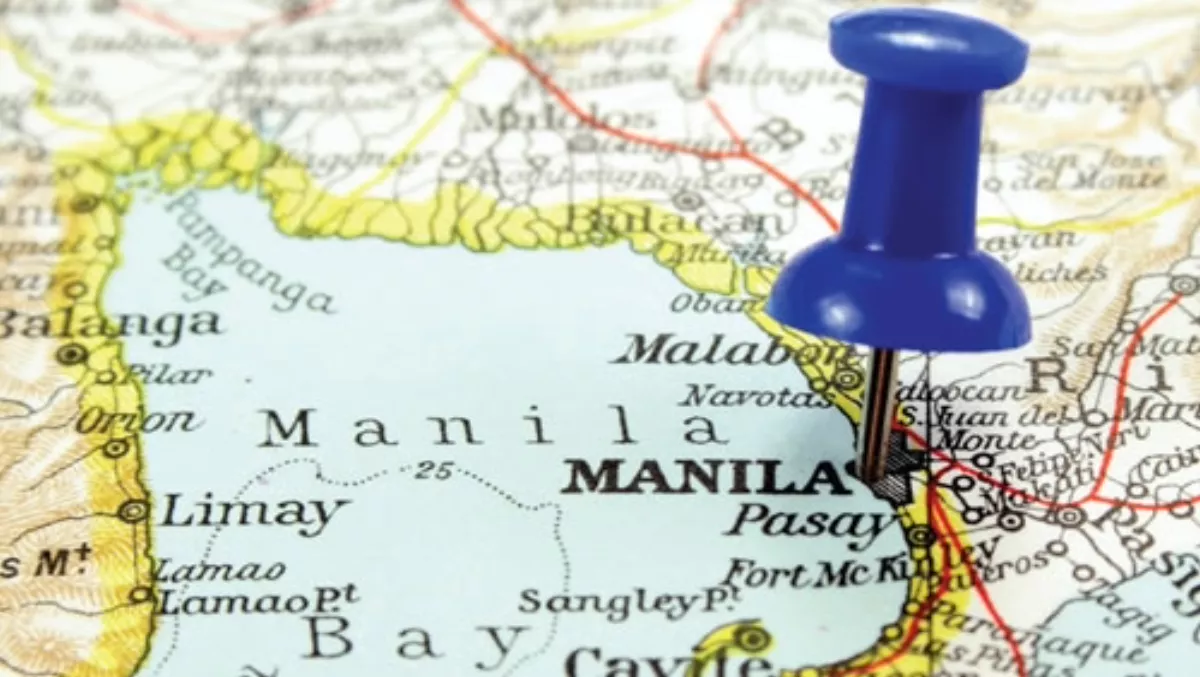
Shifting a Kiwi institution offshore
What you can learn from the 018 experience- By Bruce Cotterill, Yellow, CEO.The big pictureThe business world today is very different to that of just five years ago. It’s not uncommon to work with partners and suppliers who are based in a different country altogether. This is a result of the broader trend of globalisation, which has itself been largely driven by advances in technology, and in rising education and skill standards in developing countries. Here in New Zealand this trend has been most evident in our call centre industry. Seamless communications technology and lower offshore labour costs make the case for partnering with an overseas provider a strong one. Whole new industries have sprung up in places such as India, Malaysia and Indonesia, where there are increasing numbers of well-educated people working for global ‘business process outsourcing’ specialists. Offshore call centre workers are talking every day to the Kiwi customers of many local and international companies including, as of June this year, Yellow’s 018 directory assistance service.Making the decision to go offshoreIt’s Yellow’s responsibility to provide 018 - and the 0172 international directory assistance service - to New Zealanders and, rightly so, Kiwis have an expectation that the service is of a consistently high standard. Yellow inherited 018 and 0172 following our sale by Telecom in 2007. What many people don’t realise is that the service has in fact been outsourced for a number of years, and won an international directory services award in 2006.However, in recent times, the 018 service has been experiencing gradually declining call volumes. Again, this is largely the result of increasing use of technology - in our case people are accessing White Pages information over the internet more and more through White Pages online. Additionally, because we send search results to callers from mobile phones via SMS, details can be saved in their phone’s address book and therefore users tend not to call 018 again for that number.Falling call volumes mean falling revenue and, short of putting our prices up, it simply wasn’t economic to continue operating the service from New Zealand. And so, late in 2007, in conjunction with our 018 and 0172 outsource partner Teletech, the decision was taken to begin planning a move from Teletech’s base in Palmerston North to its regional ‘centre of excellence’ in Manila, in the Philippines.As well as stacking up financially, a move to Manila would also allow us to access the wider technology resources of Teletech and the potential to add new directory-based services in future - something which would have been out of the question if the service had remained here in New Zealand.The next phase - managing a successful transition while maintaining high service levels - would be crucial.The transition commencesEighteen months in the planning, the transition phase commenced in June this year. A gradual transition period of 12 weeks was initially decided upon, for two key reasons:
- A gradual ‘ramping up’ of call volumes would allow new Manila staff to build their knowledge
- It would allow a decision to progress or not to be made each week, depending on Manila’s performance.

